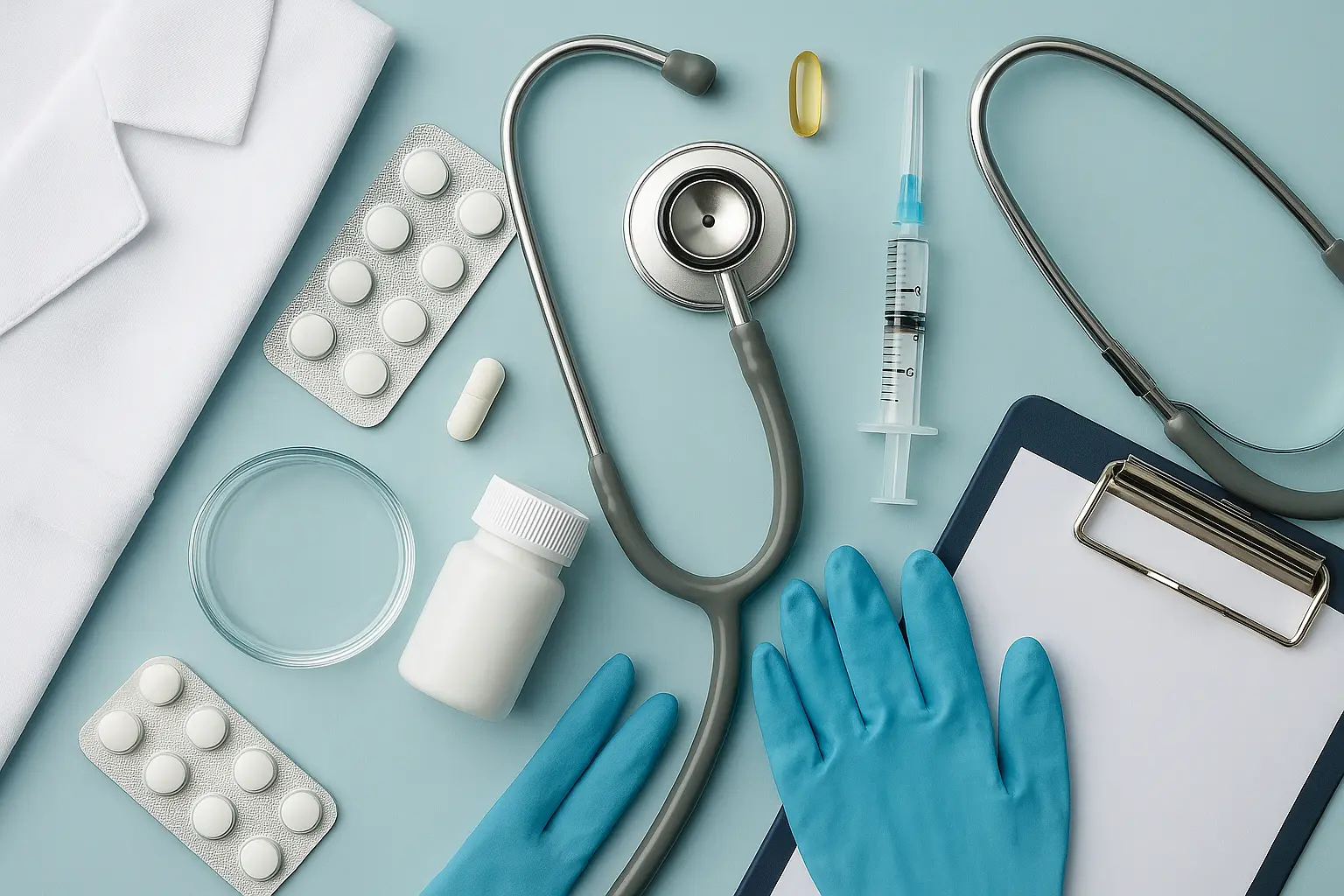Pharmaceutical Toxicology Certification
In today’s highly regulated pharmaceutical industry, ensuring that new drug candidates are safe and effective is paramount. Pharmaceutical toxicology certification plays a crucial role in this process by providing comprehensive safety assessments to identify potential harmful effects of drugs on various organ systems.
The primary objective of pharmaceutical toxicology certification is to evaluate the risks associated with drug exposure throughout all stages of development, from early preclinical studies through late-stage clinical trials. This service ensures that regulatory bodies and other stakeholders have confidence in the safety profile of a drug candidate before it reaches the market.
At our laboratory, we employ state-of-the-art facilities and methodologies to conduct thorough toxicity assessments using internationally recognized standards such as ISO 10993-1 for biocompatibility testing. Our team of experienced toxicologists applies rigorous scientific approaches to ensure that each certification adheres strictly to industry best practices.
The process typically involves several key steps:
- Initial risk assessment based on chemical structure and physicochemical properties
- In vitro studies using cell lines or tissue cultures to predict potential toxic effects
- In vivo animal studies to evaluate systemic toxicity, carcinogenicity, and reproductive safety
- Epidemiological studies to assess long-term exposure risks in human populations
By leveraging these comprehensive approaches, our laboratory not only meets but often exceeds regulatory requirements. This ensures that pharmaceutical companies can confidently advance their product candidates through the approval process while minimizing potential liabilities.
We pride ourselves on delivering accurate, reliable data supported by robust scientific evidence. Our clients benefit from timely reports and actionable insights that help guide critical decision-making throughout drug development.
Our commitment to excellence extends beyond mere compliance; we are dedicated to fostering innovation within the pharmaceutical sector by offering cutting-edge services tailored specifically towards addressing emerging challenges in toxicological research.
Benefits
- Enhanced credibility and trustworthiness among regulatory bodies
- Improved confidence for investors regarding product safety
- Increased likelihood of successful clinical trials leading to market approval
- Potential reduction in late-stage development failures due to unforeseen safety issues
- Strengthened reputation as a leader in responsible drug development practices
- Access to international markets where stringent regulatory standards apply
- Prompter access to reimbursement processes for approved drugs
- Reduced risk of product recalls and associated costs
Customer Impact and Satisfaction
The implementation of rigorous pharmaceutical toxicology certifications has a direct impact on customer satisfaction across multiple dimensions:
- Regulatory Compliance: Ensures that all products meet the stringent requirements set forth by regulatory authorities, thereby reducing the risk of non-compliance penalties.
- Patient Safety: By identifying and mitigating potential safety risks early in the development process, patients are exposed to fewer adverse effects once a drug reaches the market.
- Market Competitiveness: Demonstrates leadership and commitment to quality, which can enhance brand reputation and attract more customers.
- Operational Efficiency: Streamlined processes mean less time spent on rework or correction of issues identified late in the development cycle.
In summary, our services are designed not only to meet but also exceed expectations, ensuring that every step taken towards certification contributes positively to both short-term operational goals and long-term strategic objectives.
Use Cases and Application Examples
| Application Example | Description |
|---|---|
| New Drug Application (NDA) | Supports submission of NDAs by providing essential data on the safety profile of new chemical entities. |
| Clinical Trial Applications | Facilitates successful conduct of clinical trials by ensuring that all necessary toxicological information is available for review. |
| Investigational New Drug (IND) Application | Aids in the development of IND applications to allow early-stage human testing under strict supervision. |
| Generic Drug Approval | Contributes to the approval process for generic drugs by verifying that they meet all applicable safety standards. |
| Biologics License Application (BLA) | Supports the development of BLAs, ensuring that complex biological products are safe and effective. |
| Safety Data Sheet (SDS) Compilation | Aids in preparing accurate SDS documents required for distribution and handling of hazardous materials. |
| Post-Marketing Surveillance | Assists ongoing monitoring of marketed products to detect any previously unknown safety concerns. |
| Environmental Impact Assessment | Evaluates potential environmental impacts of pharmaceutical compounds during manufacturing and disposal phases. |
The above table illustrates the diverse range of applications for pharmaceutical toxicology certification, highlighting its integral role in ensuring comprehensive safety evaluations across various stages of drug development and lifecycle management.





